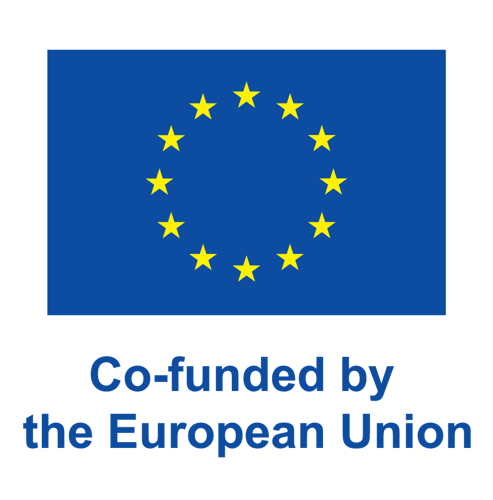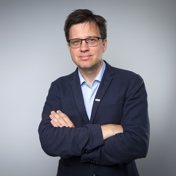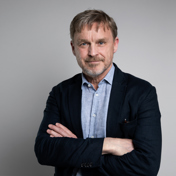Return Migration

Return as international migration policy: coordination within and across national borders
On February 1st, 2023, Delmi initiates the project Return as international migration policy: coordination within and across national borders. The focus is on how diplomatic tools and international (and national) cooperation can promote effective and sustainable return in humane forms.
The rapid and efficient implementation of return decisions for those who do not have the right to stay in Sweden has been high on the political agenda for over a decade. However, difficulties in implementing return policy are visible both in Sweden and in other EU countries. Every year between 2008 and 2019, on average, half a million third-country nationals received a decision to return to their country of origin, only a third of which actually return, for people from countries outside the European continent, that figure was only one in five. A premeditated voluntary return is better in several respects, on the one hand it requires less resources, and on the other hand it is less traumatic for the person who is returning. An important part of a long-term sustainable migration policy is that there is a well-functioning, efficient and humane return.
Delmi is addressing the overall problems with a lack of cooperation, collaboration, and knowledge, with especial focus on the area of diplomatic tools and international cooperation. In the long run, the project aims to increase the capacity of Swedish and international actors as well as voluntary return. The project Return as international migration policy: coordination within and across national borders contains three thematic parts:
- The role, functions, and cooperation within foreign authorities in the return and readmission process.
- Implementation of return in, and comparison between, different Nordic countries as well as existing collaborations.
- The EU's role in the return process and the relationship/cooperation with Swedish authorities.
The different study areas aim to contribute to a more comprehensive knowledge on the international management of return migration as well as to identify problems and conflicts in the chain of actors in charge of implementing return decisions. The results of each study area will be introduced as individual reports. The project is expected to be finalized in 2025.
The project is financed by the Asylum, Migration and Integration Fund (AMIF), an initiative supporting EU member states in the work of implementing the common asylum and migration policy.


























